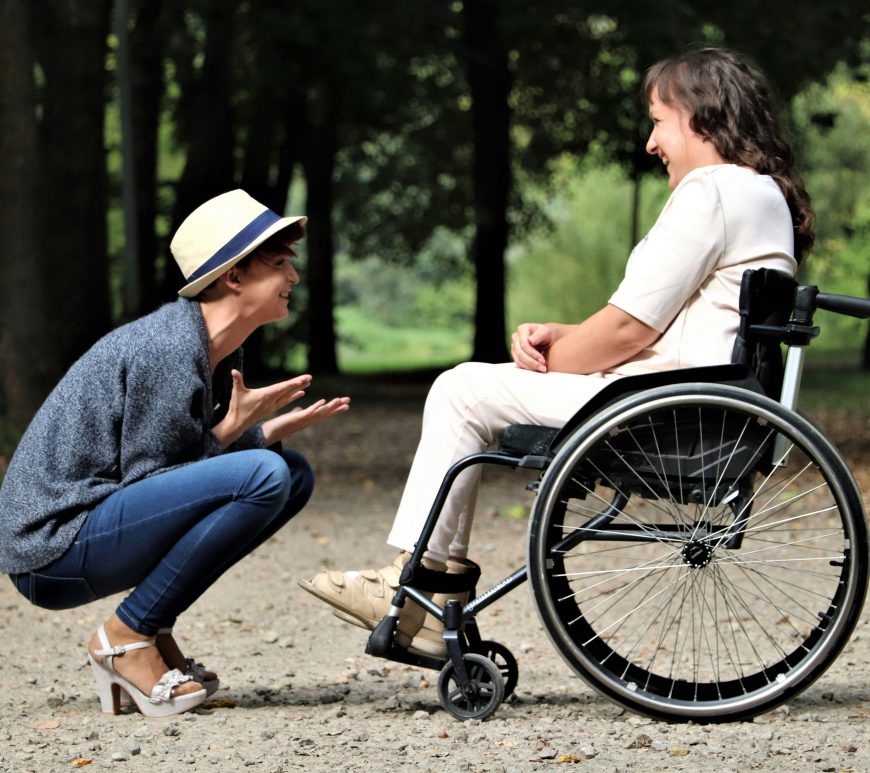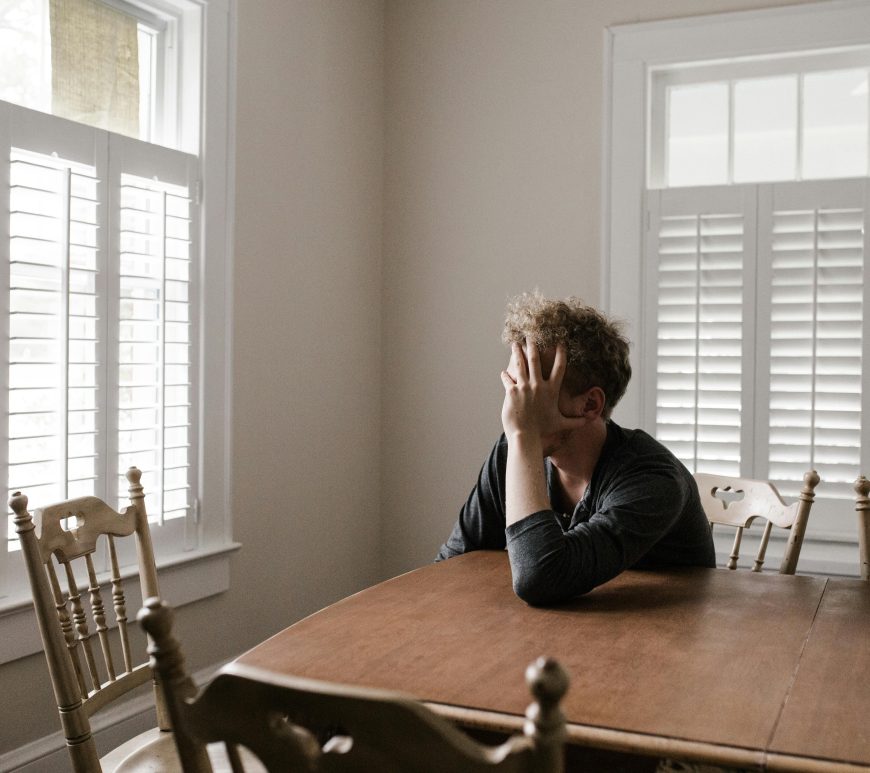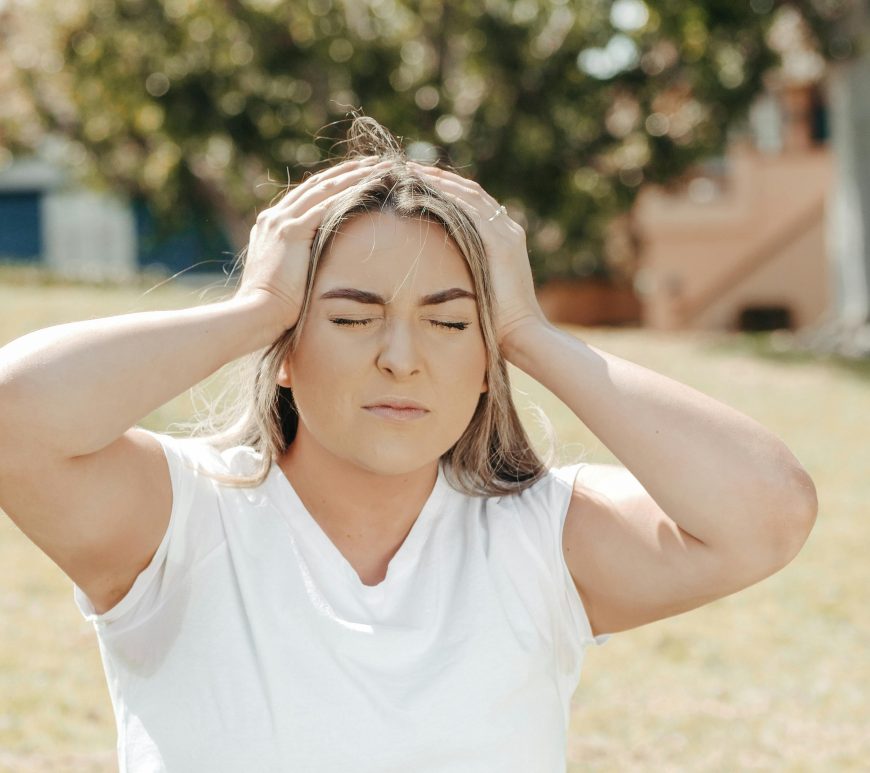
How do reflexology and stretching impact restless leg syndrome in Hemodialysis patients?
Restless Leg Syndrome (RLS) is a common and distressing condition affecting many individuals undergoing hemodialysis, often disrupting sleep and quality of life. Due to the undesirable side effects of medication, many patients are turning to non-pharmacological interventions. In 2016, study conducted by Nahid Shahgholian, Shahrzad Khojandi Jazi, Jahangir Karimian, and Mahboubeh Valiani explored two alternative treatments—reflexology and stretching exercises—to assess their effectiveness in reducing RLS … Continue reading How do reflexology and stretching impact restless leg syndrome in Hemodialysis patients?



